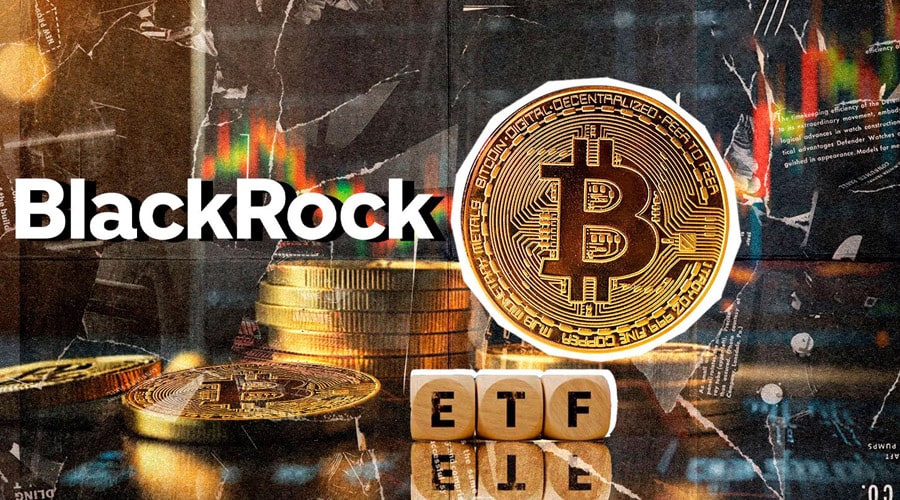
The Bitcoin BlackRock ETF (IBIT) has shown good performance since its launch last year, but according to Bloomberg analyst Eric Balchunas, this fund may face challenges in the future. One of the main obstacles is Bitcoin’s correlation with the stock market, meaning when the stock market falls, the price of Bitcoin also decreases. This could hinder widespread acceptance of IBIT compared to more traditional ETFs. Balchunas mentioned that IBIT’s value reached $50 billion in its first year, a milestone that took around six years for the S&P 500 Index ETF (VOO) to achieve. However, for continued growth, this fund needs broader acceptance and reduced correlation with the stock market. Despite concerns about Bitcoin volatility, 13F reports indicate increased institutional investor interest in IBIT. These quarterly reports, released by the U.S. Securities and Exchange Commission (SEC), provide more transparency about the activities of large investors. As per a recent report, IBIT has attracted 1100 holders so far, surpassing the previous record of 350 holders for an ETF in its first year. IBIT remains the largest Bitcoin ETF, holding 2.98% of Bitcoin’s total supply. One of the newest major investors in this fund is Abu Dhabi’s Mubadala Investment Fund, which last week became the seventh largest holder of IBIT with a $436 million investment. In terms of institutional acceptance, Bitcoin ETFs showed significant growth in the fourth quarter of 2024, tripling their assets to reach $38 billion. However, data indicates that this trend slowed down in 2025, with Bitcoin ETFs experiencing their first weekly outflows last week. On February 18, investors withdrew $129 million from these funds. This decline in investment may be due to concerns about Jerome Powell’s interest rate hike rejection and ongoing worries about high inflation.





